Finance Minister Richard Hu was Singapore’s Longest-Serving Finance Minister
Former Cabinet Minister and former Finance Minister Richard Hu Tsu Tau passed away on 8 September 2023.
He was 96 years of age.
His passing was announced by Deputy Prime Minister Lawrence Wong, who posted on Facebook offering his condolences to the family of Dr Hu.
Exceptional Contributions to Our Nation with a Heart for the People
In the post, Mr Wong acknowledged Dr Hu’s contributions as “our longest serving Finance Minister.”
“He stewarded our finances well and provided a steady hand to steer our economy through the 1997 Asian Financial Crisis,” Mr Wong wrote.
As Mr Wong mentioned in his post, while serving as the fifth Finance Minister for Singapore, he was also a director on the boards of both the Monetary Authority of Singapore (MAS) and the Government Investment Corporation (GIC) as he “provided exceptional service to the two organisations, always fulfilling his duties with professionalism and grace.”
Mr Wong, who is currently also holding the position of Finance Minister, said that Dr Hu was the Finance Minister when he first joined the Ministry of Finance in 1999.

He recalled when he was working on a Budget, and Dr Hu asked them to “get information on the prices of some key essential items at the wet market, so as to get a better feel of the cost of living pressures that people were experiencing then.”
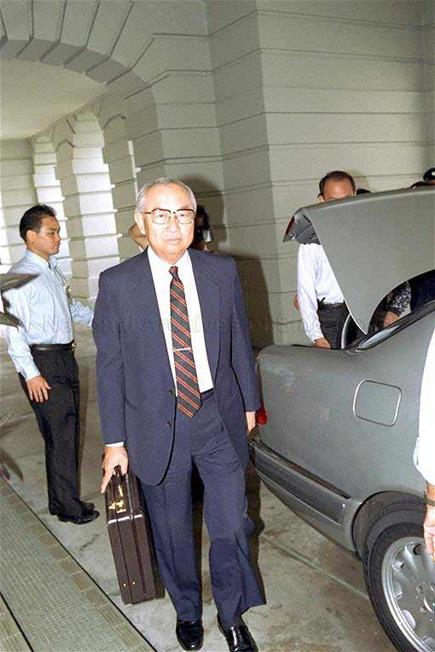
Mr Wong said this is how he remembers Dr Hu—as someone who does not just think about policies in abstract form but in “making sure that policies led to tangible improvements in people’s lives.”
Many in the comments resonated with this, as they responded to Mr Wong’s post with words of gratitude and respect for Dr Hu.
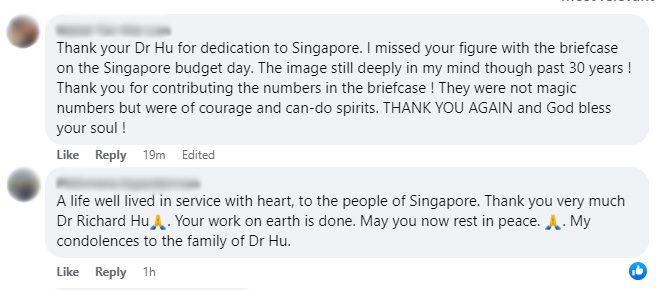
Deputy Prime Minister and Coordinating Minister for Economic Policies Mr Heng Swee Keat also posted a tribute to Dr Hu, stating that he was “deeply saddened by the news of [his] passing.”
Mr Heng said that Dr Hu’s “wisdom and foresight shaped our key policies, including the Goods and Services Tax, which created a more resilient tax base for Singapore and boosted our international competitiveness.”
He also wrote in his post that as a young civil servant during Dr Hu’s time in cabinet, he was inspired by his unwavering sense of public service.
Education and Early Career
Dr Hu was an alumnus of Anglo-Chinese School and later of the University of California, Berkeley, where he graduated with a degree in Chemistry in 1952.
He continued his postgraduate studies at the University of Birmingham and received a doctorate in chemical engineering in 1957.
Dr Hu then proceeded to lecture at the University of Manchester for the next three years.
He returned to Singapore in 1960 and joined the Shell group, where he rose to director of marketing for Singapore and the general manager of West Malaysia within a decade.
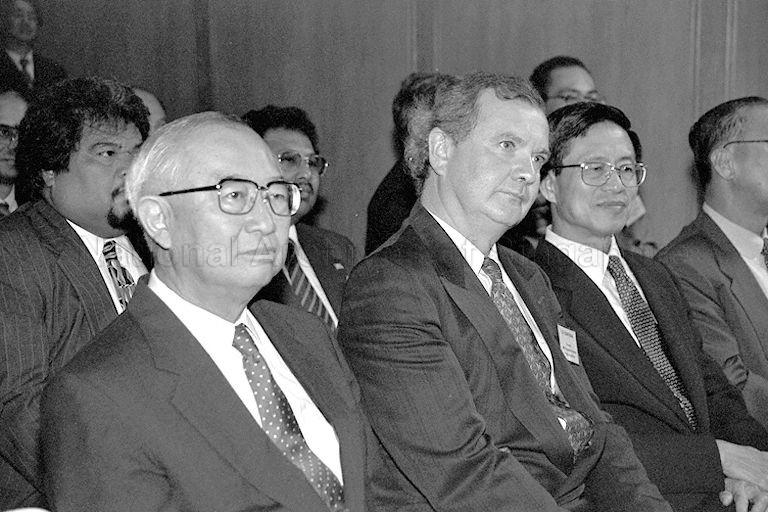
Political Career
From 1970, Dr Hu served on the board for MAS and became its managing director in 1983 while also taking on the role of managing director at GIC.
He continued to serve on the boards for MAS and GIC even past his retirement from politics in 2001.
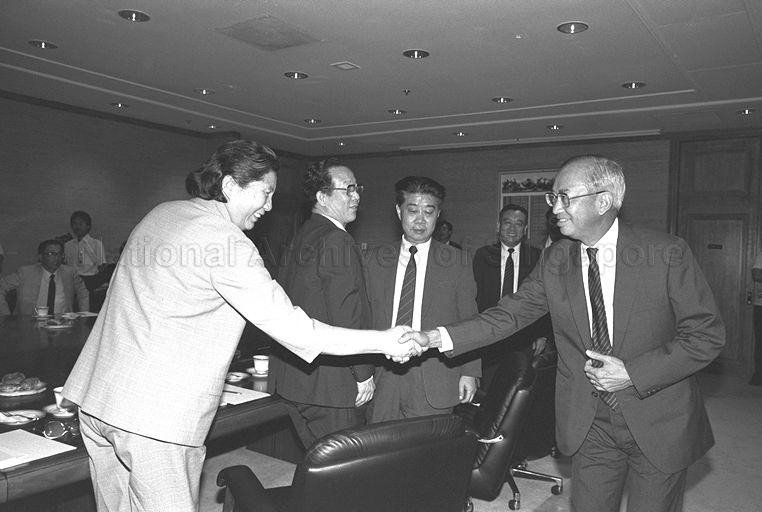
In 1984, he contested as a member of the People’s Action Party (PAP) for the Kreta Ayer constituency and won a seat as a member of parliament.
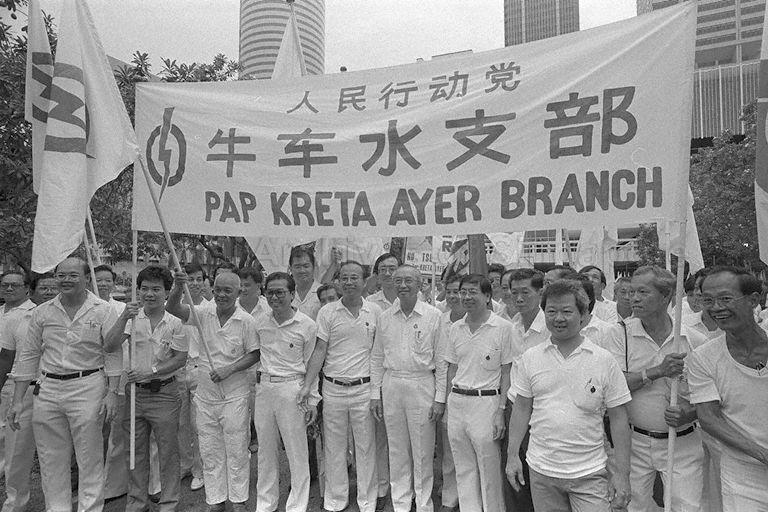
Even today, his impact as an MP for Kreta Ayer is deeply remembered, as seen by some netizens.


Thereafter, he was immediately appointed Minister for Trade and Industry, making him the first MP appointed to cabinet after winning an election.
The following year, he was appointed the Minister for Finance and Health, where he held the former position for 16 years.
A Finance Minister Who Steered Singapore Through Ups and Downs
Dr Hu’s term as Finance Minister is generally regarded to have lined up with Singapore’s periods of prosperity.
But as with all journeys, there were many ups and downs that he had to navigate.
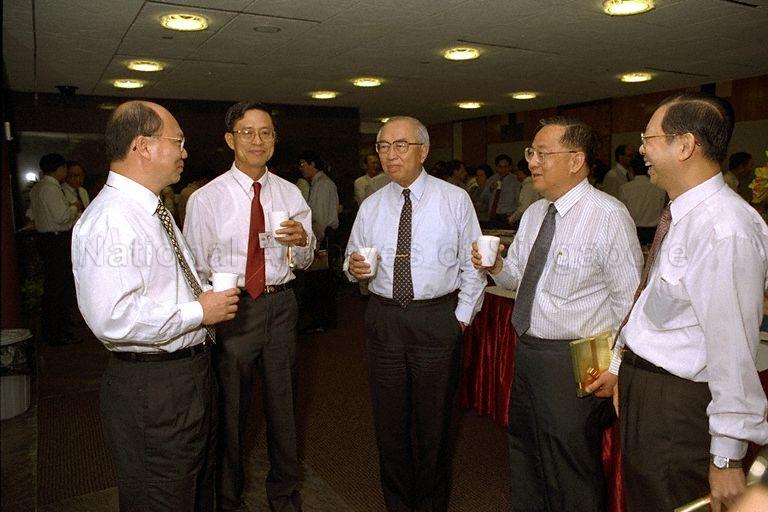
One of the big changes he led was privatising the previously government-run Post Office Savings Bank (POSB) and selling it to the Development Bank of Singapore (DBS).
This was part of his plan to deregulate and reform Singapore’s financial and banking sectors to grow the nation as a financial hub.
While serving, he also introduced the Goods and Services Tax (GST).
And while this might make Singaporeans groan today, especially with the upcoming increase in GST, it was a decision that benefitted Singapore greatly.
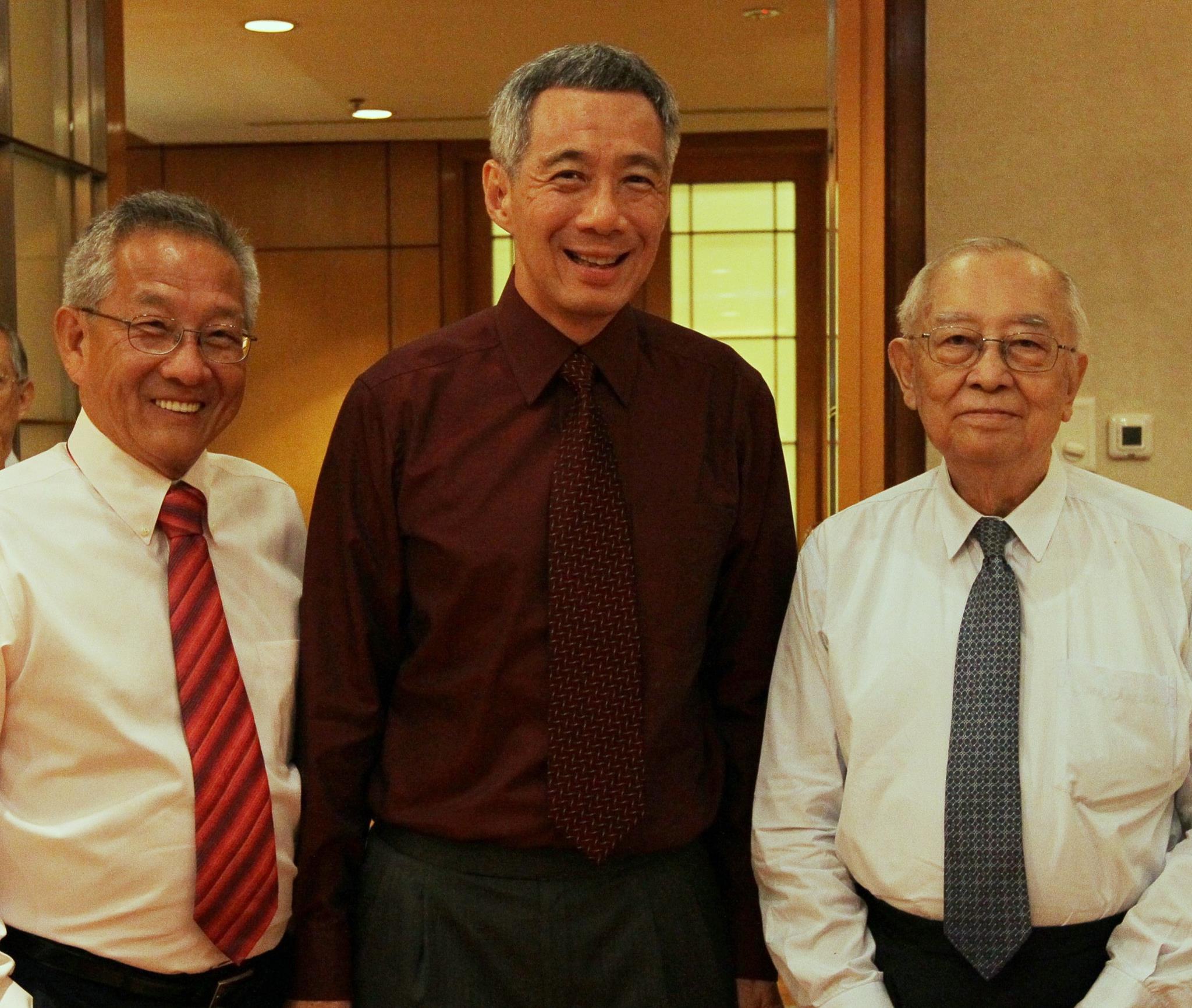
With the implementation of GST, the government’s reliance on direct taxation as a revenue source was reduced.
It also offered the government flexibility in adjusting income tax and corporate tax rates, translating into Singapore’s economic advantage as a young nation.
Leaving a Legacy for Fellow Politicians and Citizens Alike
Dr Hu has undoubtedly left an indelible mark on Singapore as he served with passion and a heart for the people.
We offer our condolences to Dr Hu’s family during this time.
He will be dearly missed but never forgotten.




